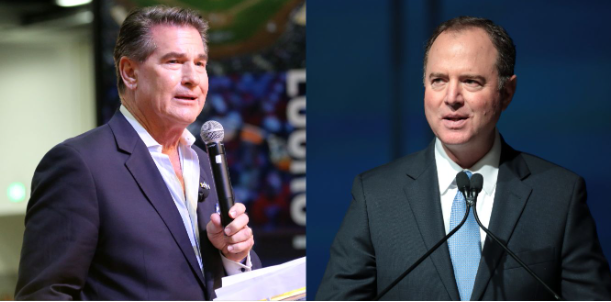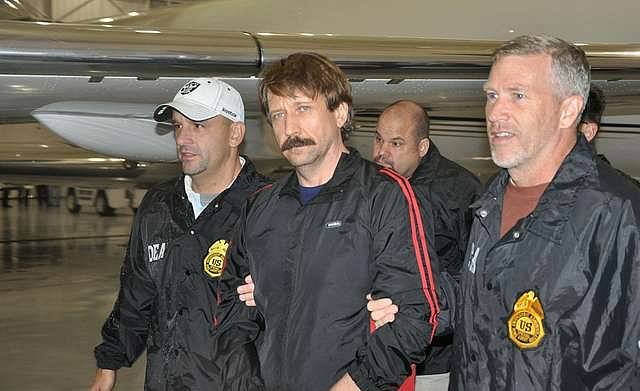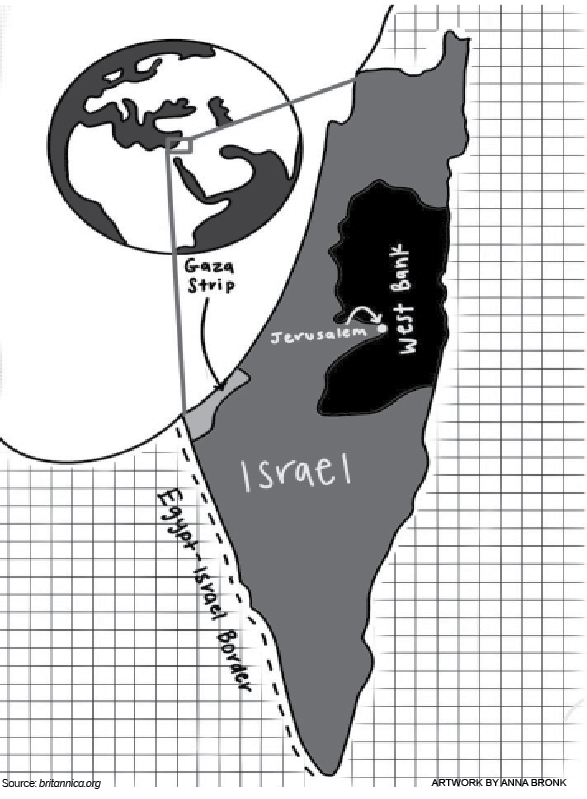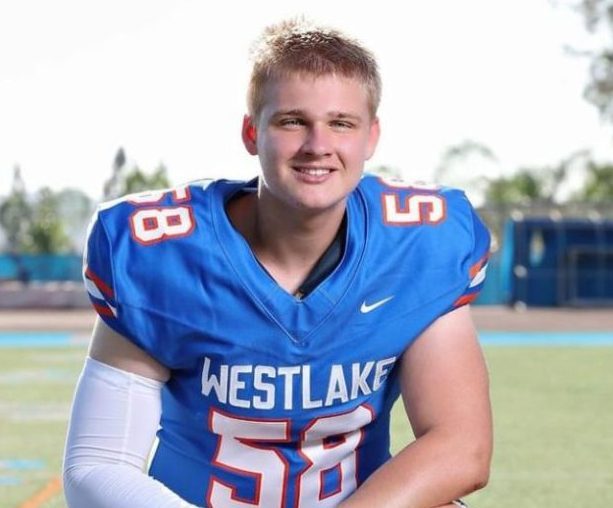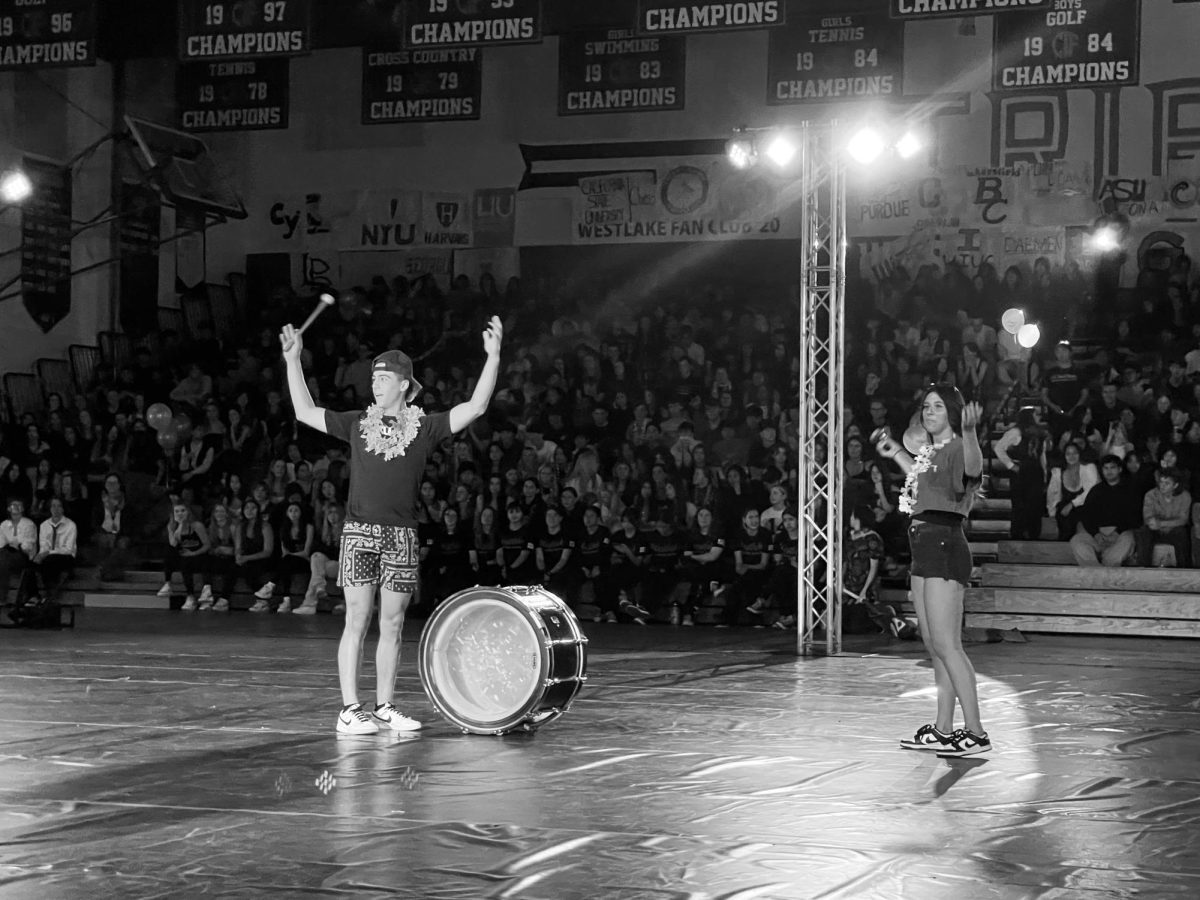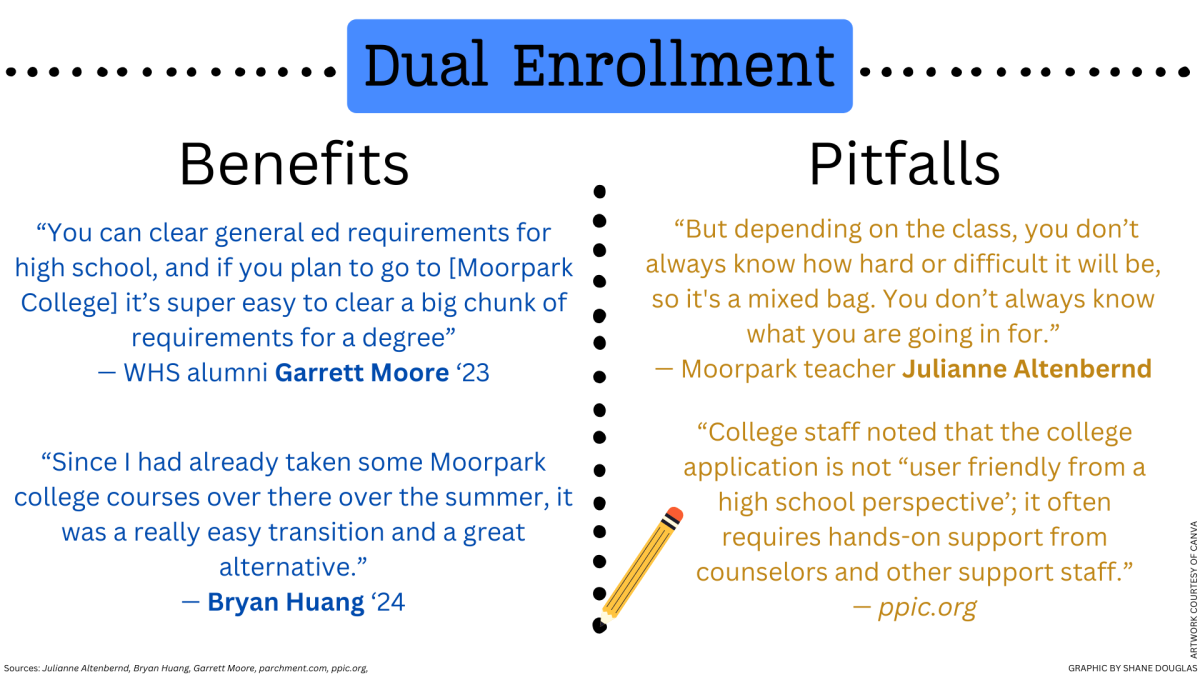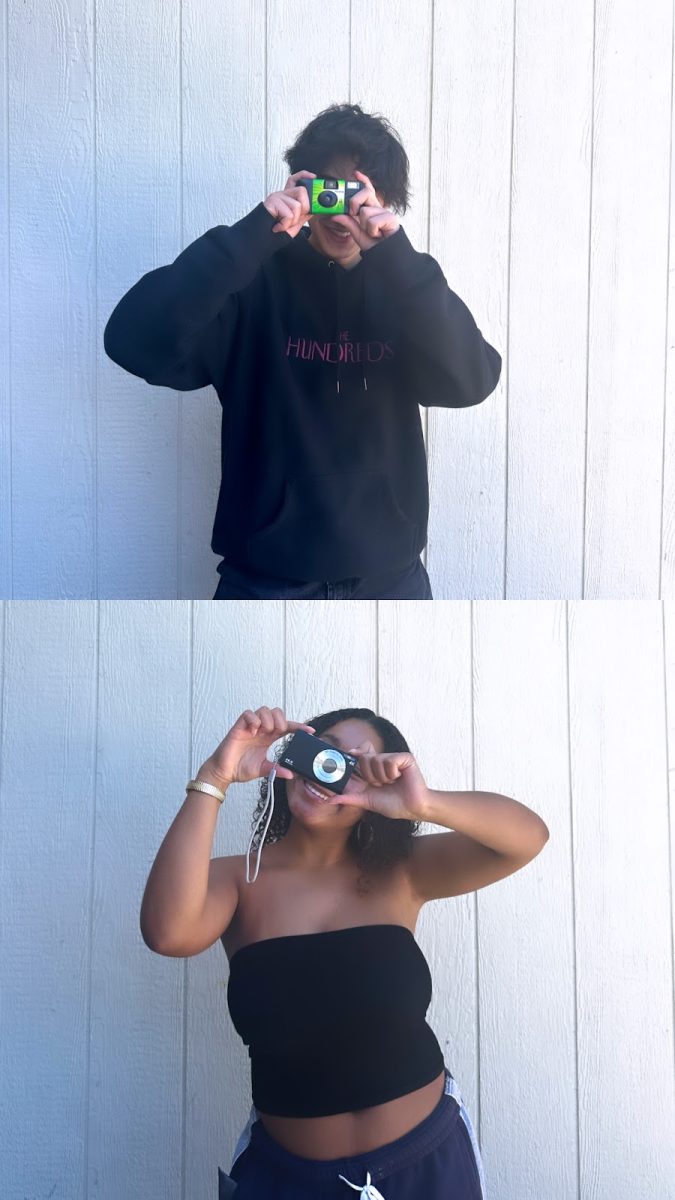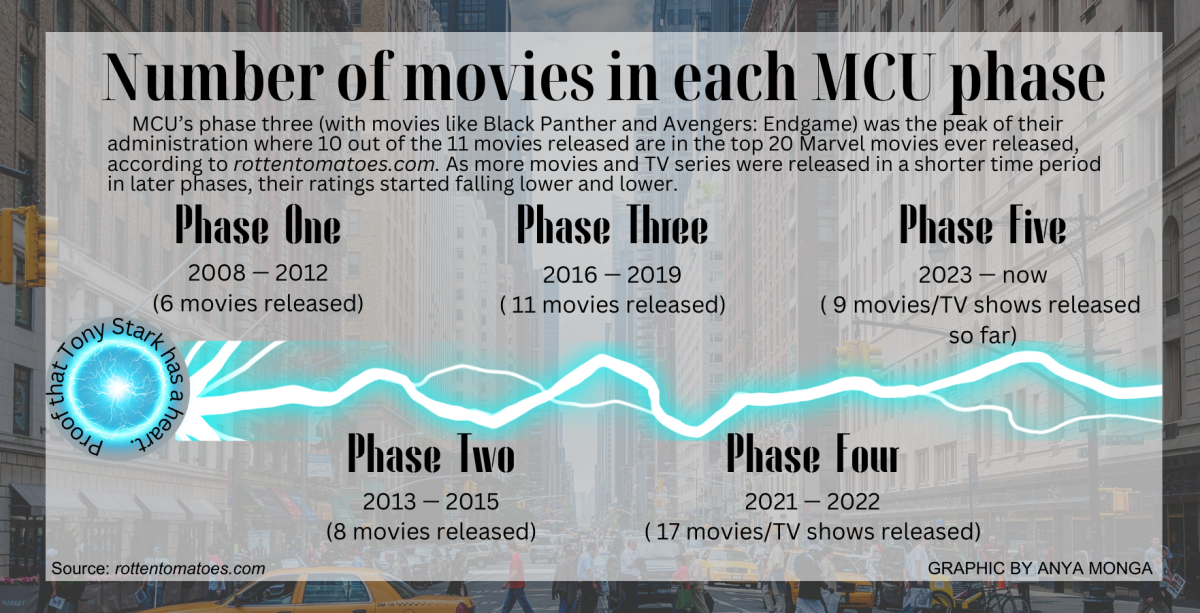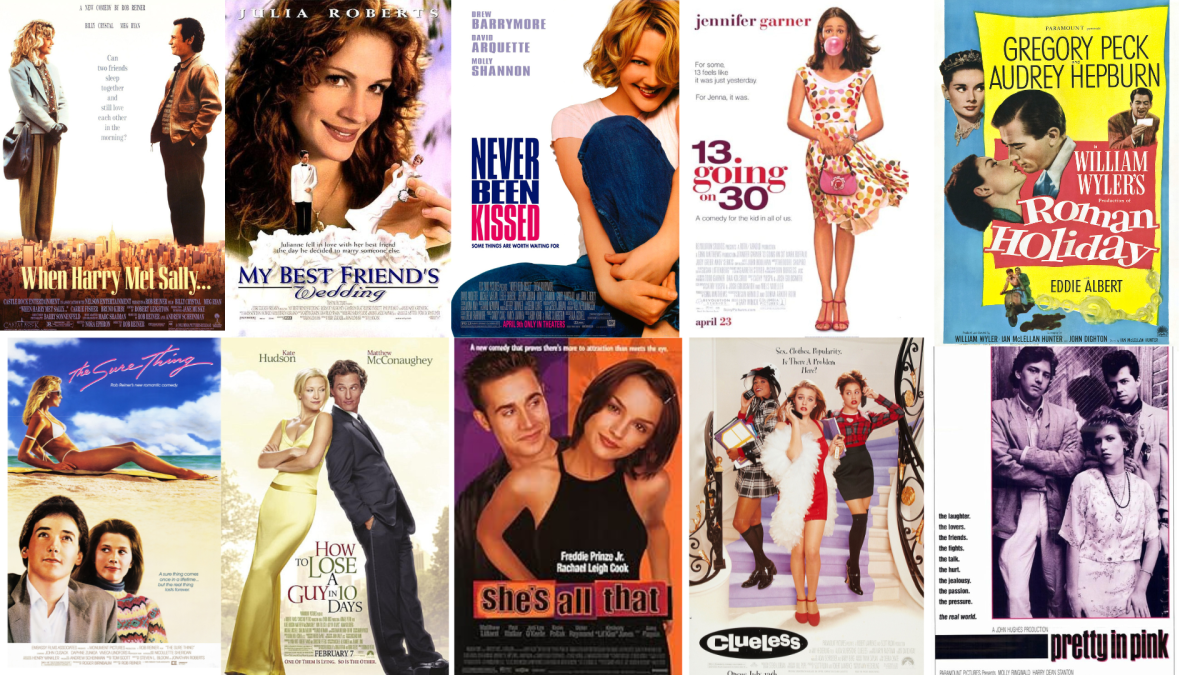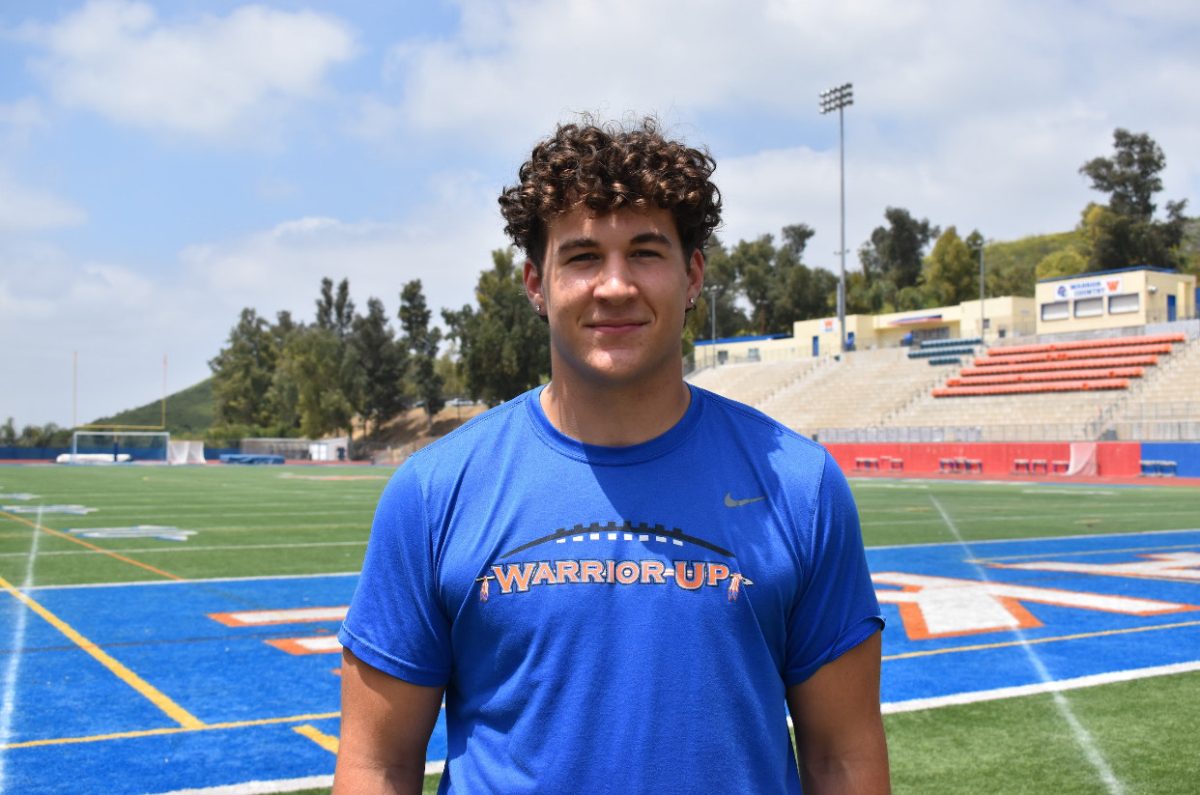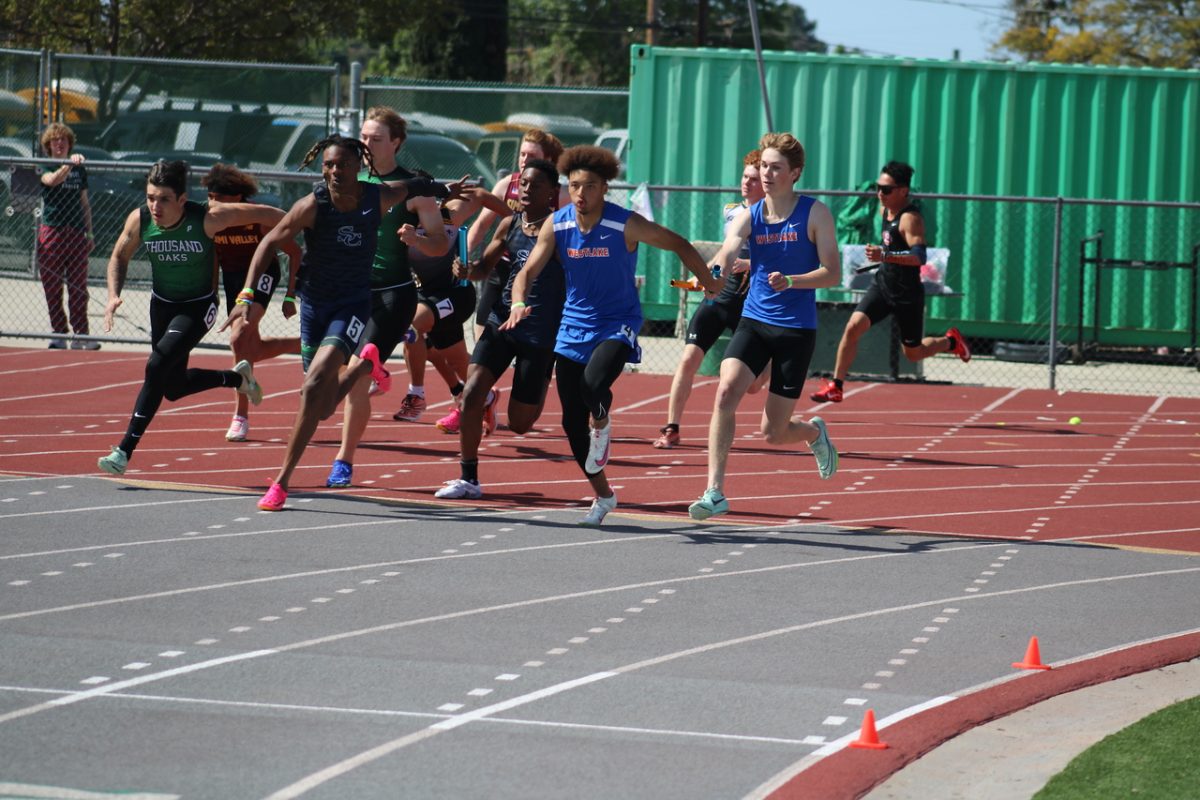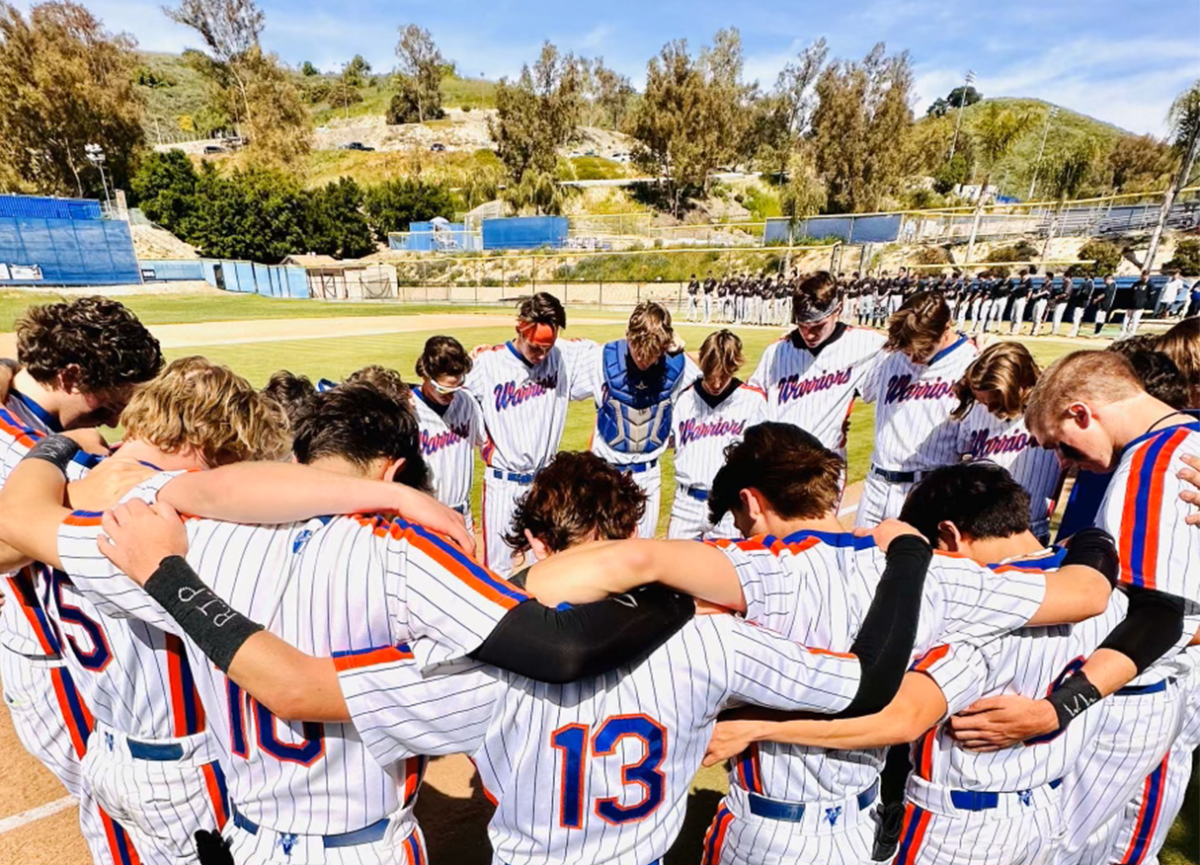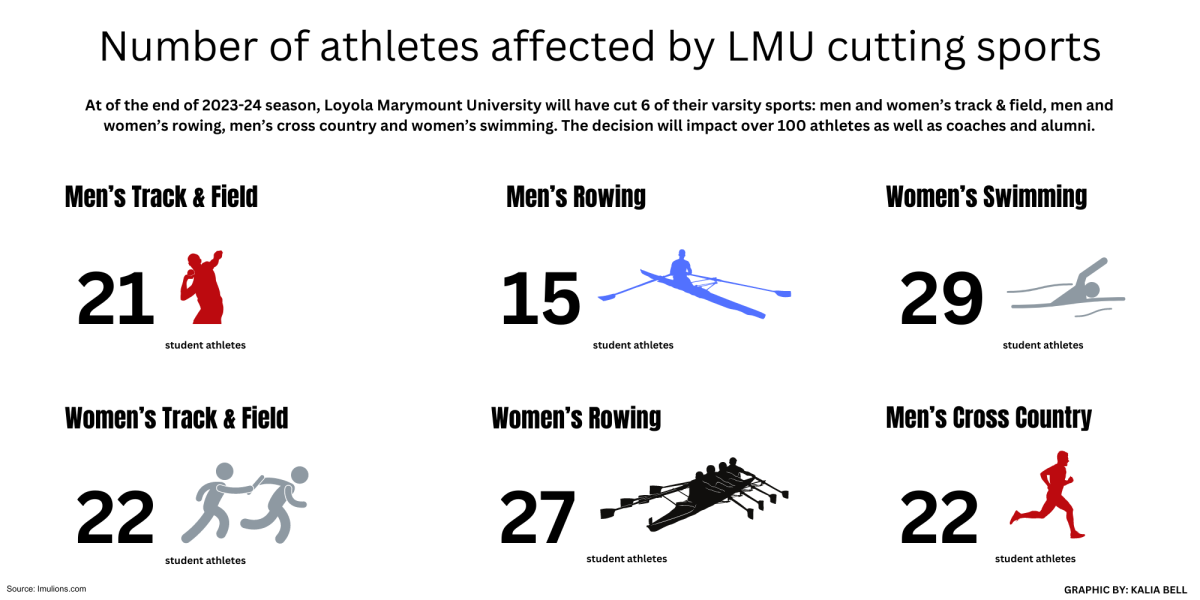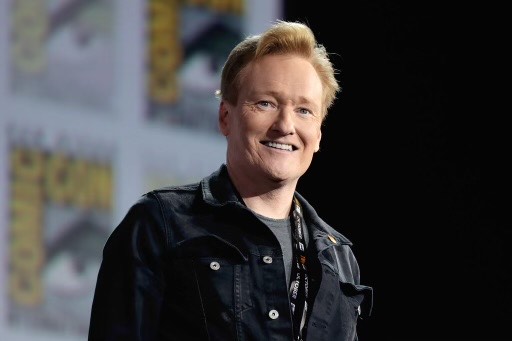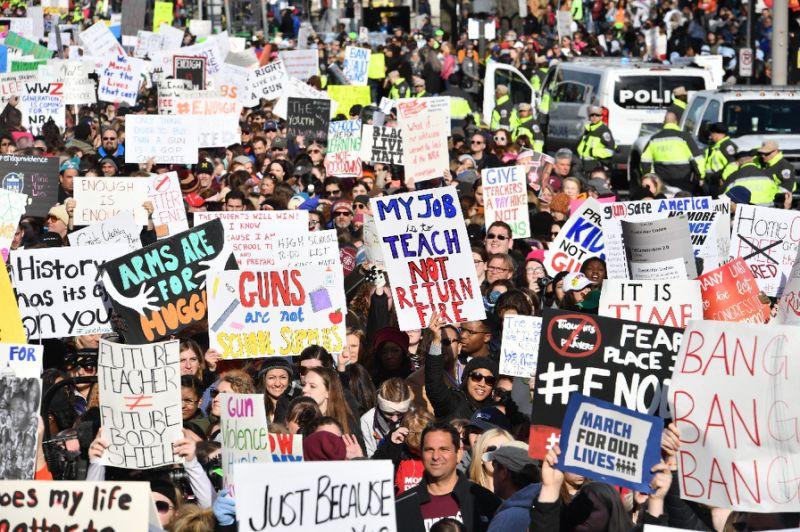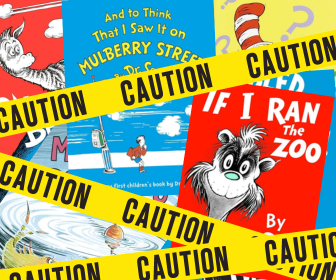It’s been two months since the mass shooting at the Borderline Bar and Grill on Nov. 7 shook our hometown of Thousand Oaks to its core. It was the 307th mass shooting of the year on the 311th day, but it was not the last mass shooting of 2018. In fact, it wasn’t even close. Thirty three more mass shootings (in which four or more people were killed or injured) followed Borderline last year, according to the National Gun Violence Archive, bringing the 2018 total to 340 mass shootings.
Following the Parkland shooting in February it seemed like things were going to change, and to a certain extent they have. There’s been a major increase in awareness, activism and even a slight increase in regulation. On Nov. 18, 2018, the Trump Administration announced a federal ban on bump stocks, which allow semi-automatic weapons to fire more rapidly. However, none of these developments have come anywhere close to creating the change that’s necessary to prevent the thousands of deaths caused by gun violence each year in the United States.
It seems like every time a mass shooting occurs, we repeat the same cycle. We begin by mourning the victims. Some send their thoughts and prayers. Many demand change, but this begins the obligatory debate over the “politicization” of the shooting. Those who advocate for reform then defend their indignation, and so on and so forth, until slightly less than a month after the shooting, sensing the futility of their efforts, most of the public moves on to other issues. Then, inevitably, the next mass shooting begins the cycle all over again. So why does this keep happening? Why has no legislative compromise been reached at the federal level? Why is common-sense gun control rejected at every turn?
Though the answer is complex, much of this inaction can be attributed to the influence of a single organization: the National Rifle Association.
Today, the NRA is one of the most influential lobbyist groups in the world. Individual donations and political contributions from major gun corporations have raised over 76 million dollars for the NRA Political Victory Fund since 2012, according to the Federal Election Commission. This money is used by the NRA to support pro-gun politicians’ campaigns, keep them in office and control their votes.
There is no clearer indicator of NRA members’ priorities than the timing of their donations. In the months following the mass murder of 20 children and six adults in the 2012 Sandy Hook Elementary School shooting, the NRA received three hundred fifty percent more donations than it had in the same time period the year before, as reported by the FEC. These donations came to a total of 2.7 million dollars. NRA donations tripled after Parkland. Memberships surged after the Pulse nightclub and Emanuel African Methodist Episcopal Church shootings.
When the devastation caused by the lack of U.S. gun regulations is most clearly displayed, the NRA uses fanaticism and fear-mongering to encourage more fervent pro-gun activism in response.
Many NRA donors say that they donate because they don’t think that gun control is effective in preventing mass shootings. They worry that mass shootings like Sandy Hook might result in any form of increased gun control, which they fear could eventually lead to all guns being taken away for good. After all, that’s what NRA magazines, NRA-approved politicians and pro-gun propaganda network NRA-TV warn them about every chance they get.
Senator Marsha Blackburn (R-TN) echoed this sentiment in her remarks following the Thousand Oaks shooting.
“What we do is say, ‘How do we make certain that we protect the Second Amendment and protect our citizens?’” said Blackburn, when asked by Fox News anchor Sandra Smith what the country should do in the wake of a tragedy such as the Borderline shooting.
Putting the Second Amendment before the safety of American citizens earned Blackburn an “A” NRA rating and 1.25 million dollars from the organization toward her successful 2018 Senate race. In office, she will undoubtedly remain true to her pro-gun platform and continue to argue that gun control is unnecessary in an effort to retain her NRA approval.
The facts, however, do not support the claims of Blackburn, the NRA or the many who justify their donations to the lobbyist group by arguing that gun control is ineffective. For instance, in the seven years after Australia implemented a gun buyback program in 1996, Harvard University researchers found that the gun homicide rate dropped forty-two percent. Though such a program would have to operate differently in the United States due to constitutional issues, a buyback program targeting only certain kinds of guns, such as semi-automatics, could be extremely effective as well as constitutional.
Possible solutions such as this to America’s gun violence epidemic are denigrated by the NRA. Instead, leaders such as CEO Wayne LaPierre use their money and power to heavily influence the outcomes of American elections and ensure that no common-sense gun control is passed, no matter how many lives are lost as a result. The ban on bump stocks is undeniable progress. Bump stocks, however, were only used in a fraction of 2018’s mass shootings. Most were committed using legally obtained firearms that can still be legally purchased with remarkable ease today.
Wayne LaPierre is quite possibly one of the most powerful men in the world, and Marsha Blackburn is not the only politician who he and the NRA have rewarded for his or her commitment to gun control resistance. Hundreds of politicians design their platforms to appease the NRA and gain the votes of the millions of Americans who cast their ballots based on its candidate ratings. Thus, the NRA has been able to prevent the implementation of common-sense gun control that is agreed upon by the majority of both parties, such as increased background checks and higher age limits.
I wish they weren’t, but American mass shootings are far too common not to be considered a political issue. I wish that we as a nation could spend more than a few days mourning before the next mass shooting occurs, but that won’t be a reality until the influence of the NRA is diminished and more common-sense gun control is implemented. The “politicization” of mass shootings is not the problem. The problem is the mass shootings.
The Borderline shooting, the 339 other mass shootings last year and all the American mass shootings to come will be inherently political issues for as long as they are preventable by political means. They will remain so until this single, disproportionately influential organization is no longer able to sway voters and politicians away from common-sense, life-saving gun control measures.
“My son was in Las Vegas with a lot of his friends and he came home,” said Susan Orfanos of her son Telemachus, a victim of the Borderline shooting who had lived through the Las Vegas massacre the year prior. “He didn’t come home last night, and I don’t want prayers. I don’t want thoughts. I want gun control, and I hope to God nobody sends me any more prayers. I want gun control. No more guns.”
